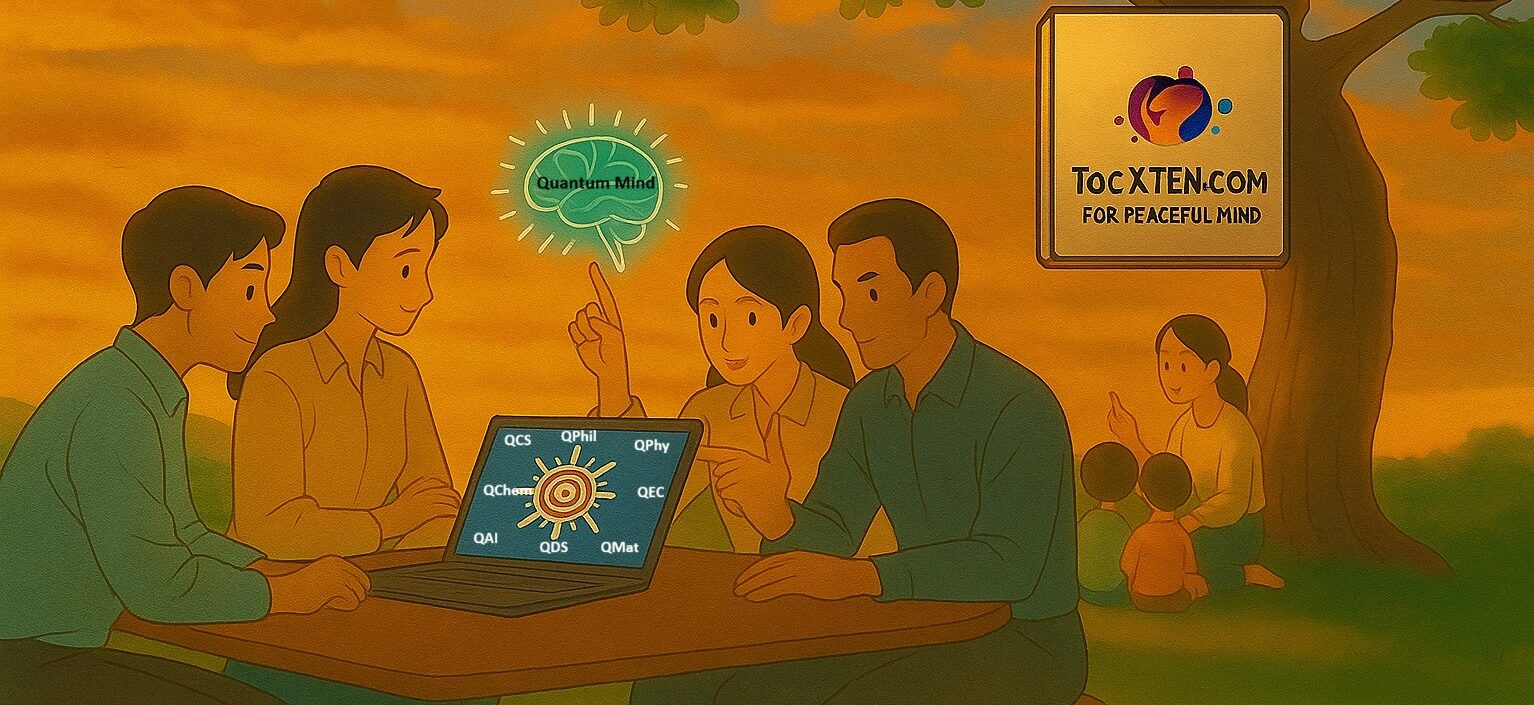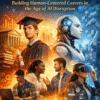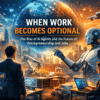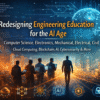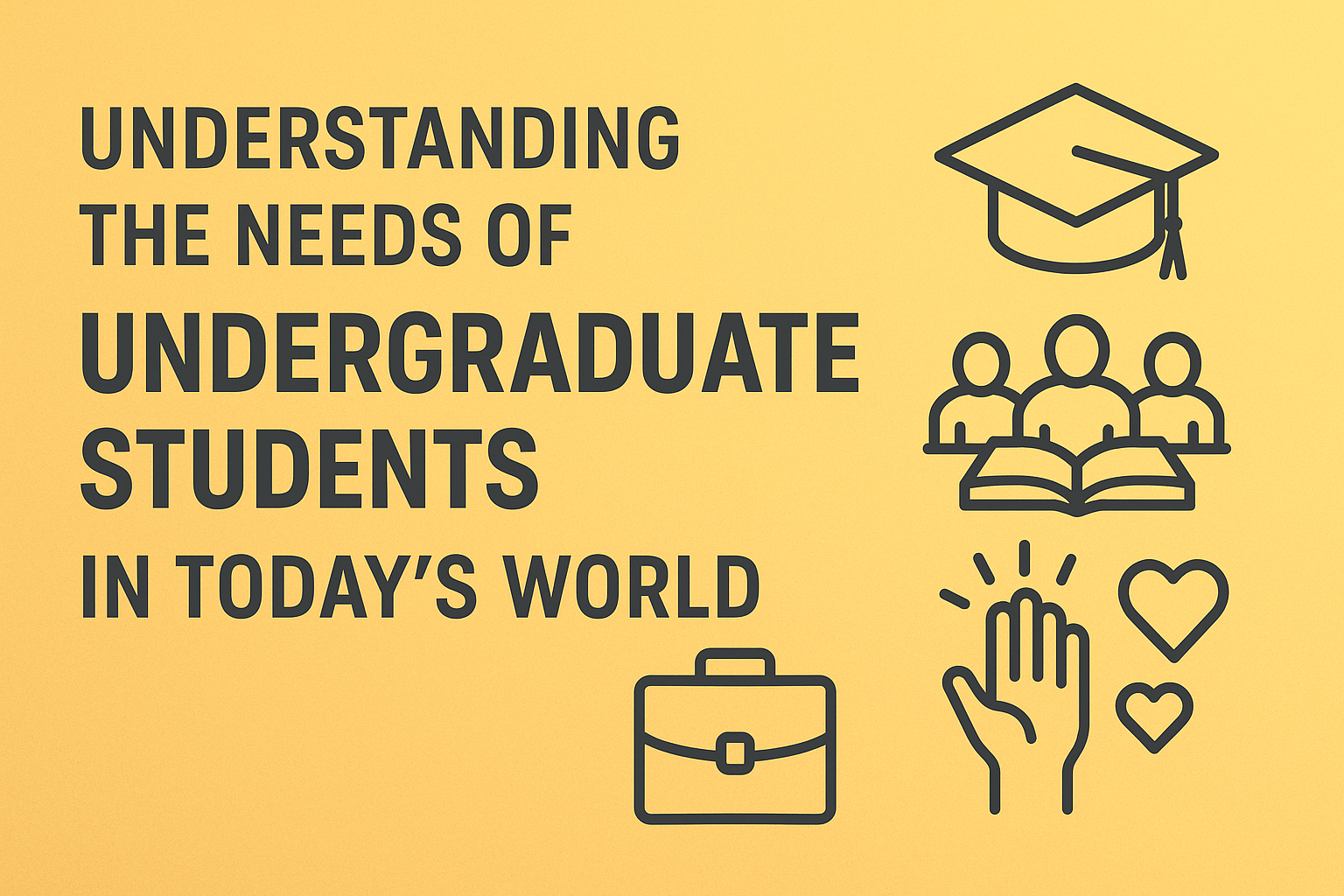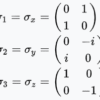Category: Theory of Mind
Beyond Degrees: Building Human-Centered Careers in the Age of AI Disruption
For decades, the promise was simple: study hard, earn a degree, land a stable job, and retire with security. In the age of artificial intelligence, that promise is cracking. As AI systems rapidly absorb technical tasks—from coding and analytics to diagnostics and legal research—the return on traditional degrees is no longer guaranteed. Even advanced credentials like PhDs, once considered the ultimate hedge against uncertainty, are being questioned by leaders who helped build today’s AI revolution.
When Work Becomes Optional: The Rise of AI Agents and the Future of Entrepreneurship and Jobs
Palguni GT With ChatGPT Introduction Recent technology discussions have highlighted a bold prediction: within the next 10–20 years, traditional work may become optional as artificial intelligence and robotics dramatically increase…
Redesigning Engineering Education for the AI Age
AI is changing how technical work gets done. New models can write code, check code, help design systems, and speed up many routine tasks. Because of this, engineering schools must change what and how they teach so graduates stay useful and find good jobs. Below is a simple, practical article that explains what to change, why, and how.
Understanding the Needs of Undergraduate Students in Today’s World
Undergraduate (UG) education marks one of the most crucial phases in a student’s academic and personal journey. It is during these years that students transition from guided schooling to independent learning, self-discovery, and career preparation. The world today demands more from students than ever before—strong academics, interdisciplinary skills, emotional resilience, digital fluency, and societal awareness.
To support this transformation effectively, educators, academic institutions, parents, and policymakers must understand the core needs of UG students. These needs span across academic, professional, emotional, and social dimensions, all of which shape their readiness to navigate the modern world.
This article explores these needs in five comprehensive categories, offering insights valuable for faculty, administrators, and education designers.
Three Tiny 2×2 Matrices That Explain How a Qubit Feels the World
In the quantum world, the tiniest mathematical objects can reveal the deepest truths about reality.
The Pauli matrices — just three little 2×2 grids of numbers — are among the most powerful tools in quantum mechanics.
They form the mathematical DNA of a qubit, describing how it spins, flips, and rotates in its invisible quantum universe.
Understanding these matrices means understanding how a qubit “feels” directions in space — how it responds to measurements, gates, and the fundamental laws that govern quantum information.
